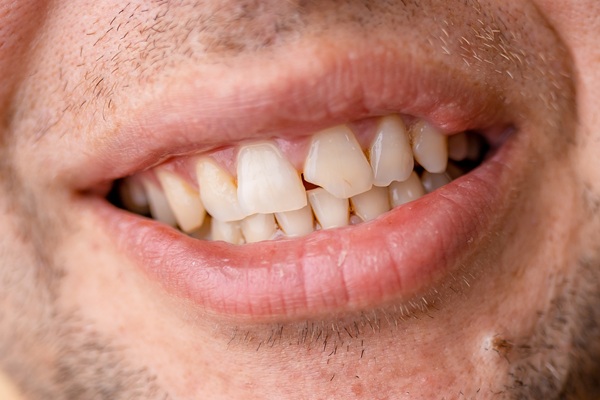What Does a General Dentist Look for With X-Rays?

At one point or another throughout your life, the general dentist will probably recommend taking a dental x-ray. These x-rays are hardly needless but rather help show areas of your oral cavity invisible to the naked eye. If you are wondering what the dentist looks for in x-ray scans, continue reading to find out.
What dental x-rays reveal
The dentist can discover many facts about a patient’s oral health through physical exams and dental cleanings. However, some details or information is simply elusive to the human eye. In such cases, the general dentist will turn to dental x-rays. Taking scans of the oral cavity structures can help reveal details like:
- Developing decay
- Impacted tooth
- Bone loss caused by gum disease
- Dental abscess and other root issues
- Damaged bone resulting from an infection
The dentist can use dental x-rays to detect oral problems that are still asymptomatic, improving the chances of easy and successful treatment before they start to cause pain or require invasive treatments.
Different types of dental x-rays
Different forms of x-rays serve unique purposes of revealing different parts of the oral cavity. Each x-ray type reveals specific information. The common types of dental x-rays include:
Bitewing x-rays – these x-rays help to show decay or decay areas that are yet invisible, or those in hard-to-reach parts of the teeth, like between the teeth or under dental fillings. These x-rays can also reveal jawbone health or the extent of damages caused by gum disease.
Periapical x-rays – these x-rays are as common as bitewing x-rays. They help to reveal the condition of the entire tooth, down to the roots. The scan allows the dentist to examine each tooth individually to ascertain its structural integrity and the health and strength of the jawbone. Periapical x-rays can help detect cysts and abscesses.
Panoramic x-rays – this scan provides the dentist with a full view of the complete oral cavity. The images do not only show the entire teeth but also the jaw joints, jawbone and sinuses. The dentist can use the x-ray to know if a wisdom tooth is impacted or check for the presence of tumors.
The frequency of dental x-rays
Dental x-rays play a critical role in preventive dental care and are often required at least once annually. However, the dentist may suggest getting them during bi-annual dental checkups. Every patient is different, so the dentist will determine their needs and recommend the appropriate x-ray schedule.
As a new patient, the general dentist may recommend taking a complete set of x-rays or panoramic scan to determine one’s oral health condition. The initial scan will be the baseline for ongoing dental care. As patients visit the dental office for a routine checkup, fewer x-ray scans will be required to keep track of their oral health.
In conclusion
Technological advancements and precautions taken in the dental office make dental x-rays significantly safer, meaning patients can worry less about radiation exposure. Note that the general dentist will not have you undergo an x-ray scan unless it is absolutely necessary.
Request an appointment here: https://www.lilburnfamilydentistry.com or call Lilburn Family Dentistry at (770) 800-0178 for an appointment in our Lilburn office.
Check out what others are saying about our dental services on Yelp: General Dentist in Lilburn, GA.
Recent Posts
A general dentist shared some ways to help prevent bad breath. This is a topic no one wants to discuss. Bad breath happens to everyone at one point or another. If you take proper precautions, you can avoid having bad breath. We should openly talk about this taboo topic. The more we talk about it, the…
One aim of general dentistry is to make the patient’s experience as positive as possible. A dentist who is good at their job will achieve this feat in two ways. First, they will use proactive, preventative measures that keep intensive procedures to a minimum. Second, the dentist will use every tool at their disposal to…
Oral hygiene protects your teeth and other oral tissues from decay and infection. This includes brushing and flossing daily. Dental professionals also recommend visiting the general dentistry office for dental examinations and cleanings at least twice a year to maintain excellent oral health.Oral hygiene is critical to one's overall health and wellbeing. Untreated oral illnesses…
General dentistry helps address issues like a tooth infection. A teeth infection typically occurs when a tooth’s pulp chamber has been opened up by decay or infection. This enables bacteria and the acids that they make to reach these soft tissues, leading to excruciating toothaches and significantly increasing the risk of infection.General dentistry classifies teeth…


